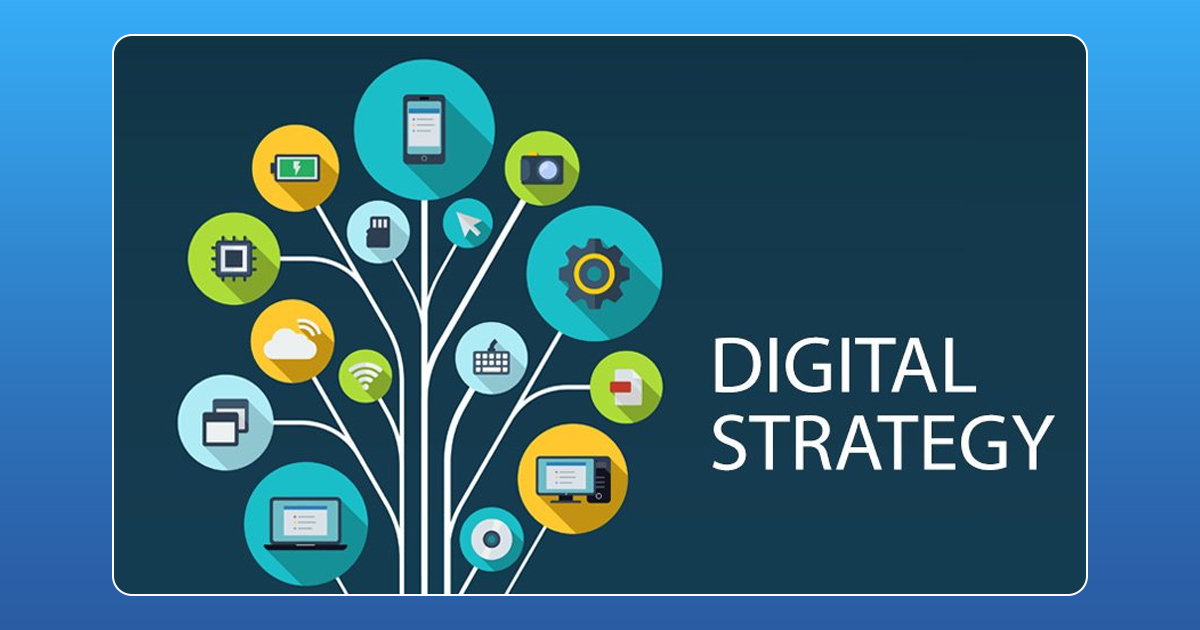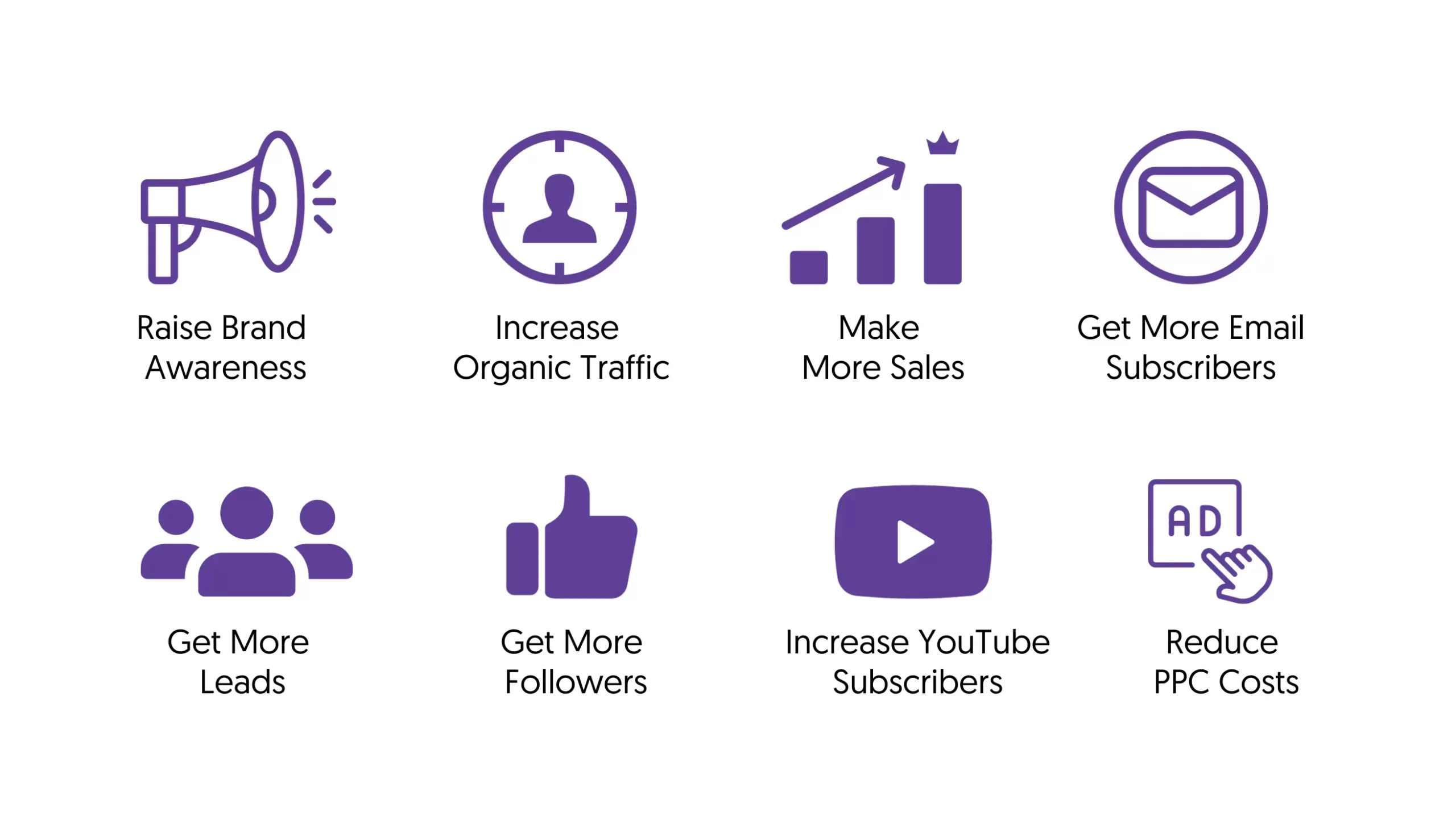How to Start a Digital Marketing Campaign from Scratch
Outline
Introduction
- Importance of Digital Marketing in Today's World
- Why Start a Digital Marketing Campaign?
Understanding Digital Marketing Campaigns
- Definition of a Digital Marketing Campaign
- Key Components of a Successful Campaign
Setting Clear Goals and Objectives
- Importance of SMART Goals
- Examples of Digital Marketing Goals
Identifying Your Target Audience
- Creating Buyer Personas
- Analyzing Audience Demographics
Choosing the Right Digital Marketing Channels
- Social Media Marketing
- Email Marketing
- Content Marketing
- Search Engine Optimization (SEO)
Creating a Budget Plan
- Determining Campaign Costs
- Allocating Resources Effectively
Designing Your Campaign Strategy
- Content Creation Plan
- Choosing the Right Content Format
SEO and Keyword Research
- Importance of SEO in Campaigns
- Keyword Research Tools
Developing a Content Calendar
- Importance of a Content Calendar
- Tools for Content Scheduling
Leveraging Social Media Platforms
- Best Practices for Social Media Marketing
- Popular Social Media Platforms
Email Marketing Strategies
- Crafting Effective Email Campaigns
- Tools for Email Marketing
Paid Advertising (PPC Campaigns)
- Introduction to Pay-Per-Click (PPC) Advertising
- Platforms for PPC
Monitoring and Analyzing Campaign Performance
- Key Metrics to Track
- Tools for Analytics
Adjusting and Optimizing Your Campaign
- How to Pivot Strategies Based on Data
- Continuous Improvement
Conclusion
- Key Takeaways
- Final Thoughts
FAQs
- What is the first step in starting a digital marketing campaign?
- How long does it take to see results from a digital campaign?
- Is digital marketing expensive for small businesses?
- What are the best tools for campaign management?
- Can I run a campaign without professional help?
Introduction
In a world dominated by technology, digital marketing has become the backbone of business growth. Whether you're a small business owner or managing a global brand, an effective digital marketing campaign can make or break your online presence. But where do you start? If you're feeling overwhelmed, don't worry — this guide will break down every step of starting a digital marketing campaign from scratch.Understanding Digital Marketing Campaigns
A digital marketing campaign is a series of online activities aimed at achieving specific marketing goals. These campaigns can include social media promotions, content marketing strategies, email blasts, or even PPC ads. The key to success lies in understanding the objectives, audience, and tools required to execute them effectively.Setting Clear Goals and Objectives
Every successful campaign starts with clear goals. Are you looking to boost website traffic, increase sales, or improve brand awareness? Use the SMART framework — Specific, Measurable, Achievable, Relevant, and Time-bound — to outline your objectives.Example Goals:
- Increase website traffic by 30% in three months.
- Generate 100 new email subscribers per month.
Identifying Your Target Audience
Knowing your audience is crucial for any campaign's success. Create detailed buyer personas that include demographics, interests, pain points, and online behavior. This ensures your message reaches the right people.Key Tip: Use tools like Google Analytics and social media insights to gather data about your audience.
Choosing the Right Digital Marketing Channels
Not all platforms work for every business. Choose channels based on your goals and audience:- Social Media Marketing: For brand awareness and engagement.
- Email Marketing: For nurturing leads and conversions.
- Content Marketing: For long-term SEO benefits.
- SEO: For improving search engine visibility.
Creating a Budget Plan
Budgeting is often overlooked, but it's essential for campaign success. Calculate costs for content creation, advertising, tools, and manpower. Use budgeting tools to stay on track.Designing Your Campaign Strategy
Plan your content based on audience needs and campaign goals. Blogs, videos, infographics, or podcasts — the choice depends on your audience's preferences.SEO and Keyword Research
Optimize your content with the right keywords to improve search engine rankings. Use tools like Ahrefs, SEMrush, or Google Keyword Planner to find high-ranking keywords relevant to your campaign.Developing a Content Calendar
A content calendar keeps your campaign organized. Plan weekly or monthly content schedules to maintain consistency across platforms.Leveraging Social Media Platforms
Engage with your audience on platforms like Facebook, Instagram, Twitter, and LinkedIn. Use analytics to measure what works best.Email Marketing Strategies
Build and nurture email lists to keep your audience updated about your campaign. Tools like Mailchimp or ConvertKit make this process seamless.Paid Advertising (PPC Campaigns)
Paid ads on Google, Facebook, or Instagram can drive quick results. Set a budget and target specific demographics for maximum ROI.Monitoring and Analyzing Campaign Performance
Track your campaign performance using tools like Google Analytics, HubSpot, or Hootsuite. Focus on metrics like CTR (Click-Through Rate), Conversion Rate, and Bounce Rate.Adjusting and Optimizing Your Campaign
Not every strategy works perfectly on the first attempt. Use the data gathered to tweak your campaigns and improve results over time.Conclusion
Support us by shopping from us RAVARIA





